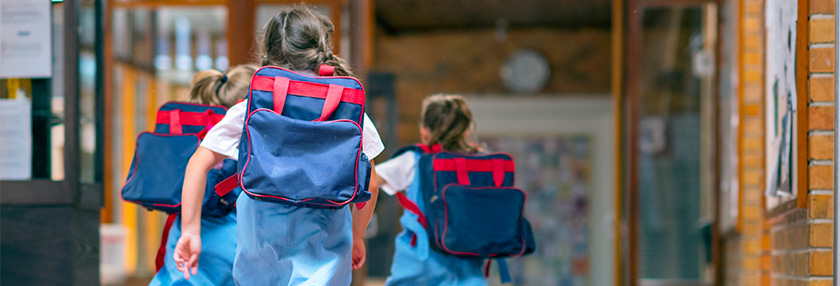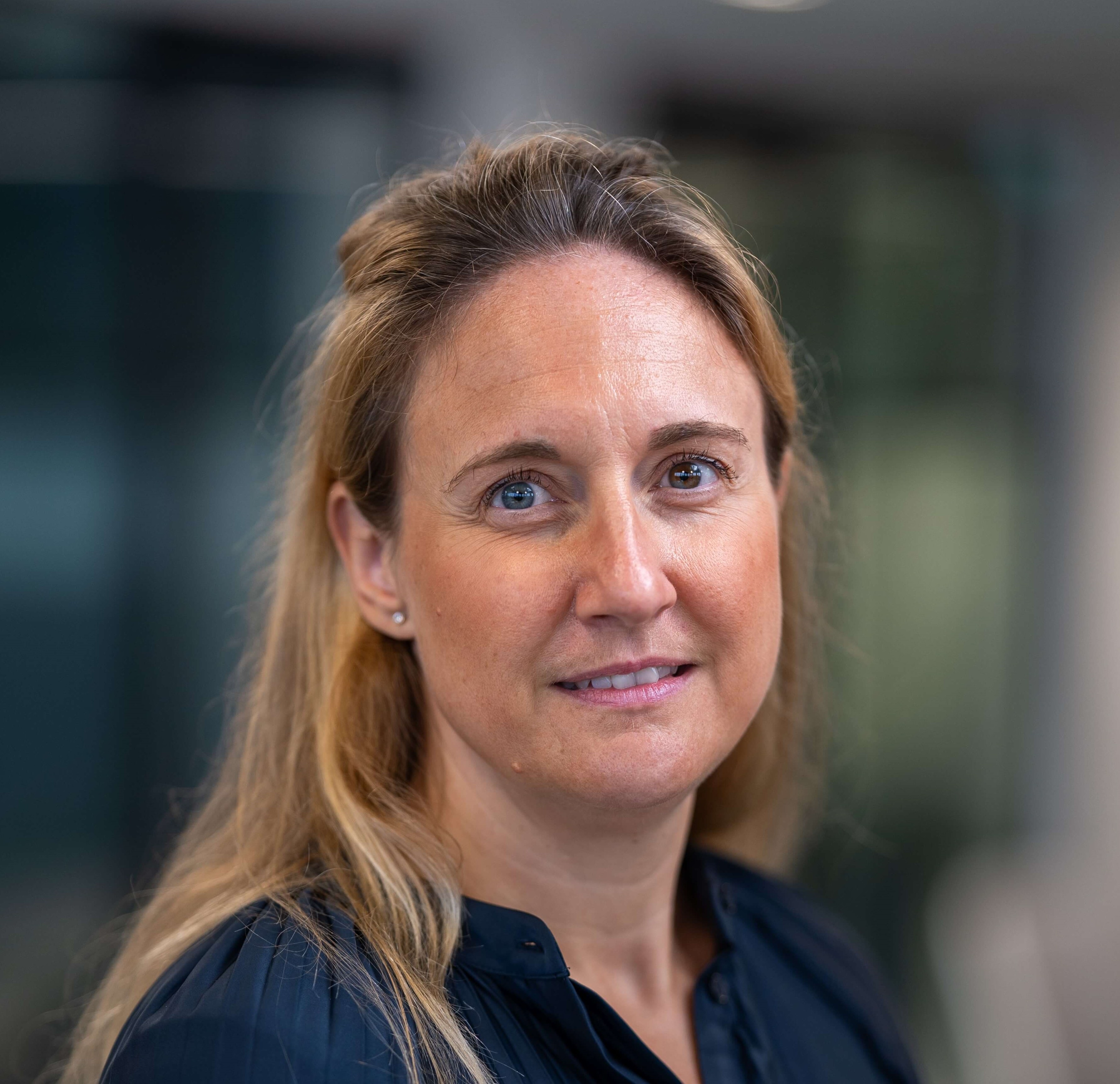Although the content of the article(s) archived were correct at the time of writing, the accuracy of the information should not be relied upon, as it may have been subject to subsequent tax, legislative or event changes.
Important Notice
Although the content of the article(s) archived were correct at the time of writing, the accuracy of the information should not be relied upon, as it may have been subject to subsequent tax, legislative or event changes.
- News
The Labour government is poised to add 20% VAT to the cost of independent school fees from 1st January 2025. Can you still afford to send your child to private schools? We explore your financial options.

At a glance
Annual independent school fees are already averaging £18,063 for day pupils, per child, up 7% since 2023 and continuing to rise.1
From the start of 2025, the government is adding 20% VAT to all private school fees, excluding some special educational needs students.
Private education can be affordable, so long as you plan properly, and explore all your options with a financial adviser.
Spending money on private education is often seen as the best way to set your child up for future success. But if you thought choosing the right school (and passing those entrance exams) was hard, the financial burden on families is increasing still further.
Can you still afford to go private – plus VAT?
Private school fees are set to soar with the introduction of VAT from 1 January 2025, in line with Labour's election manifesto.
The introduction of VAT however may put private education beyond the means of many middle income families.
Taking financial advice could bring private schooling within reach again, providing you plan properly, and plan ahead.
How much does private education cost?
In the past few years, the cost of private education has jumped. Boarding fees jumped by an average of 9% in 2023/2024,1 and the average cost per child is now £7,975 a term for day pupils, and £14,153 a term for boarders, averaged across sixth form, senior and junior students.1 There are big regional variations too – some day schools charge less than £2,000 per term. With the addition of VAT, and the withdrawal of almost all business tax relief for schools with charitable status, most private schools have little choice but to pass additional costs onto parents.
Not every school will pass on the full 20% to parents, but many may have to.
Even earning a minimum of £100,000 per year, you could struggle to keep pace with inflation linked rises, on top of the additional VAT.
The real cost of a private education
And there are the ‘hidden’ costs too. Private schooling is a long-term commitment – so you need to factor in a 5% fee increase per year, plus school trips, sports kit, uniform, and travel if your children will be day pupils. A good rule of thumb is to build in 10% per year.
Putting a child through the private system is one of the most significant financial decisions you’ll ever make. Given the price hike, it’s more important than ever to discuss with your family whether the long-term benefits outweigh the short-term costs.
Is private school still worth the money?
Despite the costs involved, the prestige of a private school education is still strong. The latest figures (January 2024) from the Independent Schools Council or ISC Annual Report show a record 556,551 pupils attended 1,411 ISC member schools.1 That’s around 6% of the population, rising to 18% of the over-16s.
It’s not simply about the academic grades, smaller class sizes, larger playing fields or additional facilities. There are co-ed and single sex schools, faith schools, schools specialising in music or the arts to nurture talent, and schools for children with special educational needs (SEND). And for many parents, private education is as much about who you meet, as what you learn. Friendships made at school can open networking and even career opportunities in later life.
How can I afford private schooling?
Although the latest fee figures are daunting, the key to making it happen is to start planning as early as you can. Lots of parents have the conversation about public versus private education before having a child, putting their name down for a school as soon as they’re born – and starting to save.
Waiting until secondary school to go private could mean an extra seven years to save, which might – with the benefit of compound interest – mean some families can make private education a reality. But it’s still a lot of money to find. And everything you save is going to need to work very hard.
Some parents are exploring the option of smaller, less expensive private schools in different parts of the country – and planning ahead to relocate. This could reduce the overall cost – and the change of lifestyle might benefit the whole family, with lower living costs and less congestion.
Others are considering a ‘hybrid’ model – sending a child to a top performing state primary and going private for secondary. Or alternatively, choosing a private school for the junior years, and then switching to state for secondary. Opting for different combinations can give families a range of options to spread costs, and still have private schooling in the mix.
Paying for private schooling – income, inheritance or investment?
In general, parents looking to fund school fees fall into three camps. Those who have a lump sum to invest – perhaps an inheritance, or gift from another family member; those who can pay from their income, so long as they remain in their job, and parents who are planning ahead and want to set up a regular savings plan that will see their child all the way through school and university.
Even if you are confident that your income will cover school fees, it’s worth talking with a financial adviser about protecting your income, just in case your work situation changes. It could be heartbreaking for everyone if you were suddenly unable to keep your child at a school they love.
Every family’s situation is different. So the first thing to discuss is, do you still think that a private education is worth the money? You want to make sure you’re sending your child to the school that will suit them best, not simply the ones with the highest academic or sporting records.
Using a Stocks and Shares ISA to save for school fees
Building this kind of sum tax efficiently is best done over the long-term. Saving into a tax-efficient ISA, either Cash or Stocks and Shares, means you can use your full annual ISA allowance of £20,000 a year before tax – £40,000 if you’re a couple. However, if you’re going to afford this scale of school fees, putting money into a cash savings account, or a cash ISA, is unlikely to give you the best returns. Even if you allow plenty of time, and interest rates remain above the rate of inflation.
Investing in a Stocks and Shares ISA provides the potential to outperform cash holdings over the mid- to long-term. But, like all stock market investments, a Stocks and Shares ISA does carry more risk, since investments can fall in value as well as increase. You might get back less than you’ve invested.
Involve a financial adviser in the conversation
If you’re considering saving for school fees, taking expert financial advice is a sensible move, to determine what level of risk you feel comfortable with. It’s a choice that will affect the whole family, so having the conversation, and having a financial adviser to explain all your options, is as important as starting to save early.
Can I afford to keep my child in a private school?
For those parents who are already committed to feepaying schools, the additional 20% VAT may not have been something they bargained or budgeted for. It’s a sensitive decision to move a child from one school to another, for both emotional and practical reasons. But for some, that will be the reality, especially as the introduction of VAT is timed, controversially, for mid-way through a school year.
Families will need to dig deep to find the additional funds, but there may be avenues open to you that you haven’t considered. Other members of the family may be willing to help support you financially to protect the chance of a private education. Gifting money comes with tax breaks too for those giving, as well as the reward of helping the next generation get started.
Taking financial advice will help make sure you know all your options and can make a confident decision about your child's future.
The value of financial advice
Every parent wants to give their child the best education and the best start in life. If private schools are on your wish list, start planning. Doing your homework and seeking out trusted, expert advice can prove invaluable. And if you’ve already started privately schooling your child, do get in touch with your financial adviser to assess the best way to adapt your financial plan to afford a private education – plus VAT.
After all, what better investment could there be than your child’s future?
If you’d like to talk to a financial adviser about planning for school fees, do get in touch with us today.
The value of an investment with St. James’s Place will be directly linked to the performance of the funds selected and the value may fall as well as rise. You may get back less than the amount invested.
An investment in equities does not provide the security of capital associated with a deposit account with a bank, building society or a Cash ISA.
The favourable tax treatment given to ISAs may not be maintained in the future, as they are subject to changes in legislation.
Please note that St. James's Place does not offer a Cash ISA.
Sources
1Independent School Council, August 2024
Most recent articles



